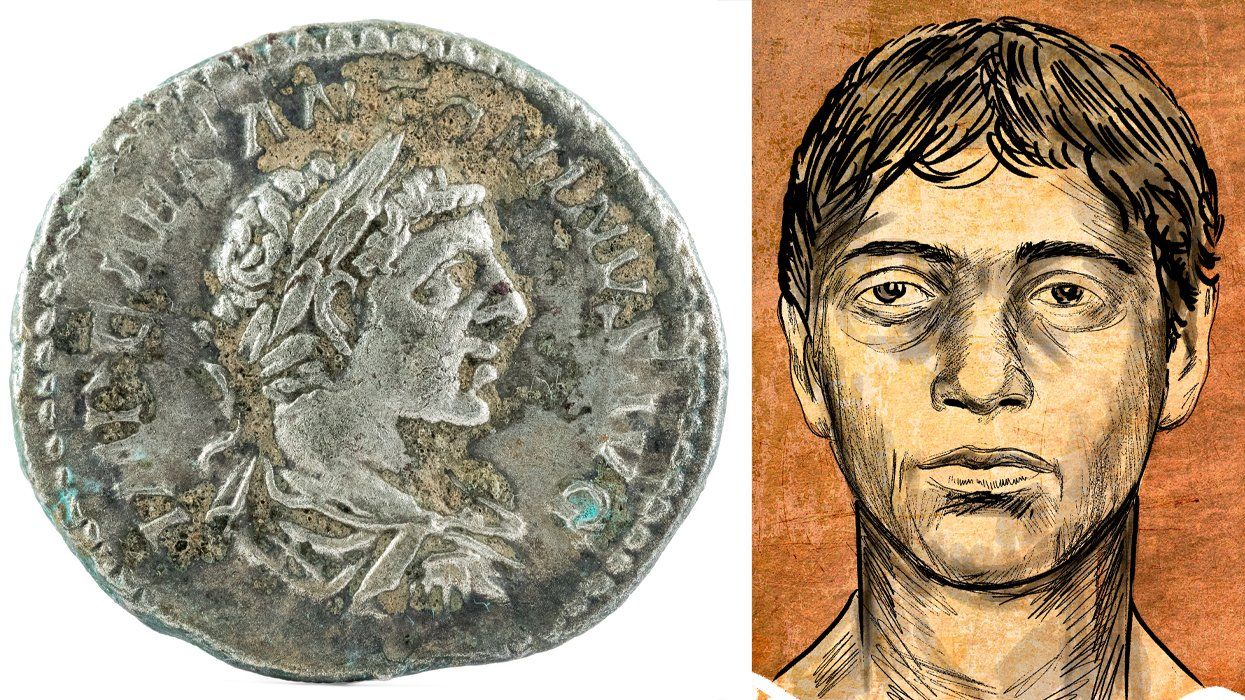One museum in the United Kingdom is acknowledging a truth we’ve known for a long time: trans people have always existed.
The North Hertfordshire Museum has announced that because of historical research and accounts, it will reclassify its displays about Roman Emperor Elagabalus to identify the Emperor as a woman with the pronouns “she/her.”
According to reports from Cassius Dio, a Roman chronicler who lived around the time of Elagabalus, the Emperor was “termed wife, mistress and queen,” and told a lover “call me not Lord, for I am a Lady.”
Historical records about Elagabalus note that she was married to male charioteer and former slave named Hierocles, and “frequently wore wigs, makeup and preferred to be called a ‘domina,’ or lady, rather than a ‘dominus,’ or lord.”
Historian Ollie Burns further published analysis through the University of Birmingham presenting evidence that Elagabualus offered “vast sums” of money to “any physician” who could “give them a vagina,” and inquired about methods of removing male genitalia.
A spokesperson for the museum said that the institution made the change to be “polite and respectful” and “sensitive to identifying pronouns for people in the past.”
"We try to be sensitive to identifying pronouns for people in the past, as we are for people in the present,” said an executive member for arts at the Lib Dem and Labour coalition-run North Herts Council. “It is only polite and respectful. We know that Elagabalus identified as a woman and was explicit about which pronouns to use, which shows that pronouns are not a new thing.”
However, some historians argue that the accounts of Elagabalus dressing and acting as a woman could have just been the second century equivalent of calling someone a gay slur to discredit them.
“The Romans didn’t have our idea of ‘trans’ as a category, but they used accusations of sexual behavior ‘as a woman’ as one of the worst insults against men,” Cambridge classics professor Andrew Wallace-Hadrill said.
“Most of this is related to the aristocratic and senatorial disdain for the emperor’s oriental origins and beliefs,” added University of Manchester classicist Prof Christian Laes. “As regards trans, this was of course never seen as a category by the Romans. But it remains the case that in times of trouble and crisis, so-called transgressors of the sexual norms were subject to scapegoating.”
These arguments seem to be arguing that “transgender” didn’t exist as an identity in ancient Rome, which no one was saying. Even while arguing that Elagabalus “wasn’t trans,” both scholars acknowledge the homophobia and transphobia she faced, and neither disputes that she faced those because she behaved in ways that would be considered queer and trans today.































